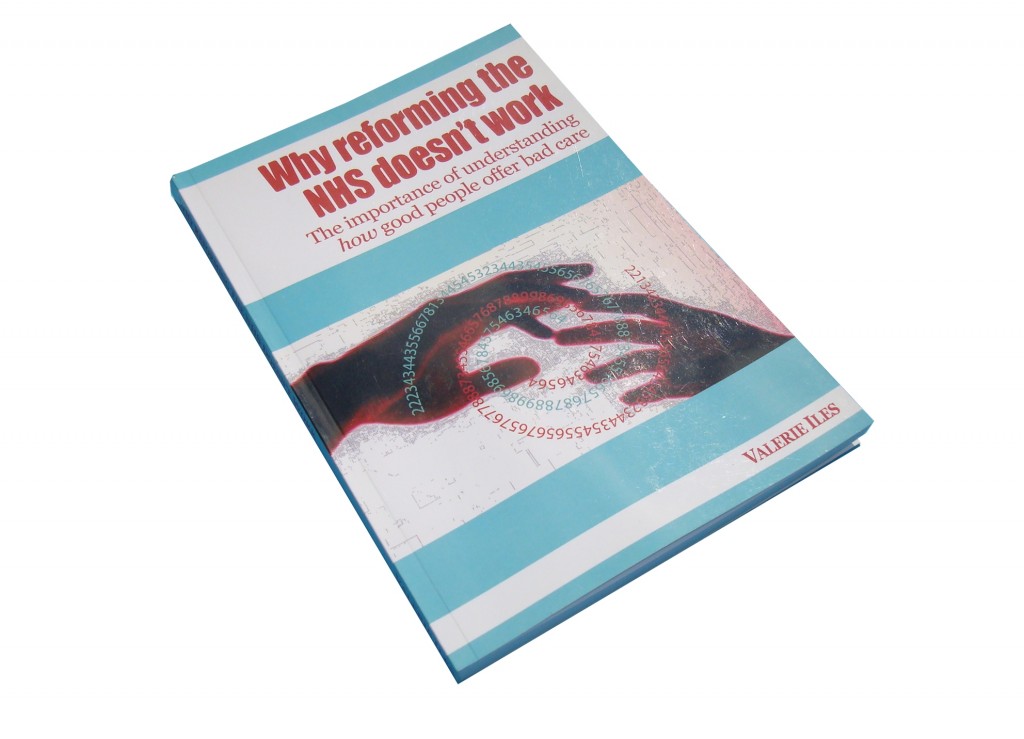Unless we understand what is happening to care, and why, we cannot support those giving care or design care systems to meet our needs. Unless we do, we will continue to see care diminished and costs rise. We will introduce rationing of inefficient, poor care and blame the care givers who are simply victims of a system created out of our own noisy, passionate ignorance.
If you are at all interested in how we can offer care that is effective, compassionate and affordable please read this book.
To download a pdf version click here:
Or order the book here
You can download pdfs of individual chapters too, click on the headings below these reviews:
This is an important and highly timely read – and I’m really glad I’ve read it. Prof David Haslam, Chair NICE
This inspiring book extends beyond economic and management perspectives. It draws upon anthropology, sociology, political philosophy, moral philosophy and history in its quest to understand the nature of professionalism and how to create a truly quality health service. It is a book which makes you think ‘Yes’! You will want to keep reading on.
Annie Cushing
Professor of Clinical Communication, Barts and The London School of Medicine and Dentistry, Queen Mary, University of London
Anybody who wonders how the MidStaffs failure happened should read Valerie’s book! She dissects systematic failures of NHS organiations in a fascinating manner
Sandra Mounier Jack, Lecturer, London School of Hygeine and Tropical Medicine
Valerie Iles has written an important and timely book that seeks to address why serial “reforms” of the NHS have failed to achieve their stated objectives while demoralising and confusing those in the front-line of clinical care.
While acknowledging its good intentions, she describes and laments the pervasive effects of the audit culture, and the straightjacket that data has become. The health service cannot be run by rote, and Iles argues that an effective and humane health service needs to make space for creativity, thought and conversation and in this way harness all the talents available to it. She asks us to consider ends rather than means and to aspire to flourishing at every level of the health service, for patients, for professionals, for managers and even for policy-makers. Furthermore she shows us how.
She ends her book with two fairy tales about the effects of the current rounds of “reform” in England: one nightmare, the other dream. Her book might just help us to edge closer to the dream.
Iona Heath
President RCGP
I would recommend this book to anyone who cares about the NHS. It has the rare quality of asking the right questions – not least the two questions implied by the title. It represents the product of considerable thought and concern to dig beneath constant policy upheaval so as to uncover and ‘name’ the underlying challenges facing healthcare reform. Even those who are not happy with the arguments and analyses the book offers will surely feel that it sets out a fundamentally important agenda.
Alan Cribb
Professor of Bio ethics and Education, Kings College, London
Download Chapters here:
Introduction: the need to understand how good people offer bad care before we can reform and renew the NHS. Introduction
Chapter One: A history of NHS reform in England, through different lenses. Chapter One
Chapter Two: The making of a vicious circle – factors that affect the nature of care. Chapter two
Chapter Three: A diminshed concept of care – transactions and covenants. Chapter three
Chapter Four: Why society needs professionals, and the kinds of professional behaviour that allows society to remember that it needs professionals. Chapter Four
Chapter Five: Describing, managing and evaluating care. Chapter Five
Chapter Six: The importance of measuring ends and not only means – choice, competition, efficiency, innovation, and regulation in health care. Chapter Six
Chapter Seven: Caring abotu care – responding differently and uncoupling the circle. Chapter Seven
Chapter Eight: How we look determines what we see – loosening the grip of the economists, reforming the NHS and improving the delivery of care. Plus two tales of life after liberation. Chapter Eight
Appendices. Appendices
